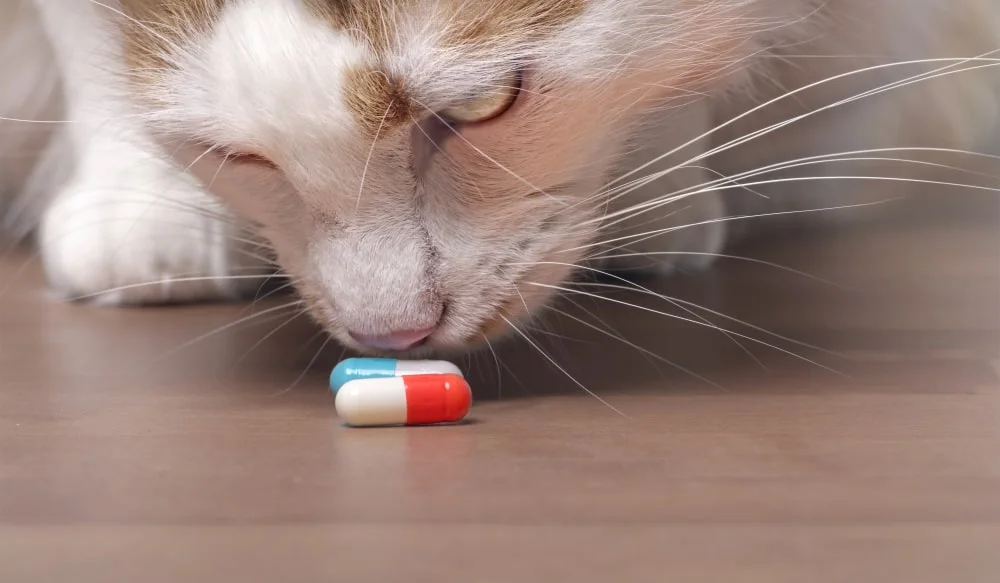PET CARE
We all want the best for our pets, but even the savviest pet-owners may be unaware of pet poisons lurking in plain sight.
Many pet owners know that chocolate, mouse and rat poison are toxic if ingested by pets. We thought it would be fitting to point out some less known household items that could turn dangerous if they ended up in our furry friends’ paws.
Dryer Sheets
Dryer sheets, otherwise known as fabric softener sheets, are placed in the dryer to eliminate static cling and minimize wrinkles in clothing. They do this by depositing chemicals on our clothing.
These chemicals could be toxic if a pet were to chew on or eat a dryer sheet. Even a used dryer sheet contains enough chemicals to be harmful if ingested.
Sugar-Free Gum or Sugar-Free Candy
Sugar-free gum and sugar-free candy or breath mints contain a sweetener called Xylitol.
Xylitol is a naturally occurring sugar alcohol and is currently widely used as a sugar substitute. It is not dangerous to humans because it does not stimulate the pancreas to release insulin in a human.
This release of insulin leads to a rapid drop in blood sugar levels, otherwise known as hypoglycemia. If untreated, hypoglycemia can lead to death.
Pet owners should read labels carefully since numerous products now contain xylitol. Some of these are:
- Puddings
- Toothpaste
- Mouthwash
- Vitamins
- Cough syrups
- Baked goods
- Laxatives
- Prescription medications
- Allergy medications
- Children’s chewable vitamins
- Sleep aids (disintegrating tablets)
Batteries
Curious dogs tend to chew on whatever they can find. Unfortunately, if this curiosity leads to the remote control or a child’s toy, your dog may end up chewing on or puncturing a battery.
Once punctured, the compounds from the battery can cause severe injuries to your dog’s mouth, tissues, and digestive tract.
Antifreeze
With its sweet smell and intriguing color, antifreeze can often be found near cars and in garages when the weather turns cold. However, it is toxic to pets.
Human Medication
Prescription and over-the-counter medications have been the two most common causes of pet poisoning cases.
Prescription Medication
According to a Consumer Reports article, the drugs most frequently seen in pet poisoning cases are those most commonly prescribed for humans:
- Antidepressants
ADHD (Attention Deficit Hyperactivity Disorder) medications
Heart medications - Over-the-counter medication
Other common causes of poisoning include over-the-counter pain medications including: - Acetaminophen (Tylenol)
- Ibuprofen (Advil)
- Naproxen (Aleve)
Apple Seeds
While apple slices are a healthy snack for dogs, make sure to remove the core and all apple seeds.
Apple seeds contain trace amounts of cyanide which, over time, can build up in a dog’s system and become toxic.
Grapes and Raisins
Even a small number of grapes or raisins can cause kidney failure in dogs.
Onions
While onions and onion powder add a dash of flavor to many human recipes, make sure none of these table scraps end up in your dog’s dish.
In dogs, onions lead to a breakdown in red blood cells, ultimately causing anemia.
Tea and Coffee
Tea and coffee, like chocolate, are toxic to pets because they contain caffeine.
Lily Plants
Lilies can cause kidney failure in cats. Many flowers and plants are harmful to pets.
Signs of Pet Poisoning
Signs of poisoning differ depending on the toxin and the amount ingested.
Some common symptoms include:
- Vomiting
- Diarrhea
- Seizures
- Loss of appetite
- Lethargy
- Increased thirst
- Increased urination
If you think your pet may have ingested something poisonous, contact the ASPCA Animal Poison Control Center at (888) 426-4435.

